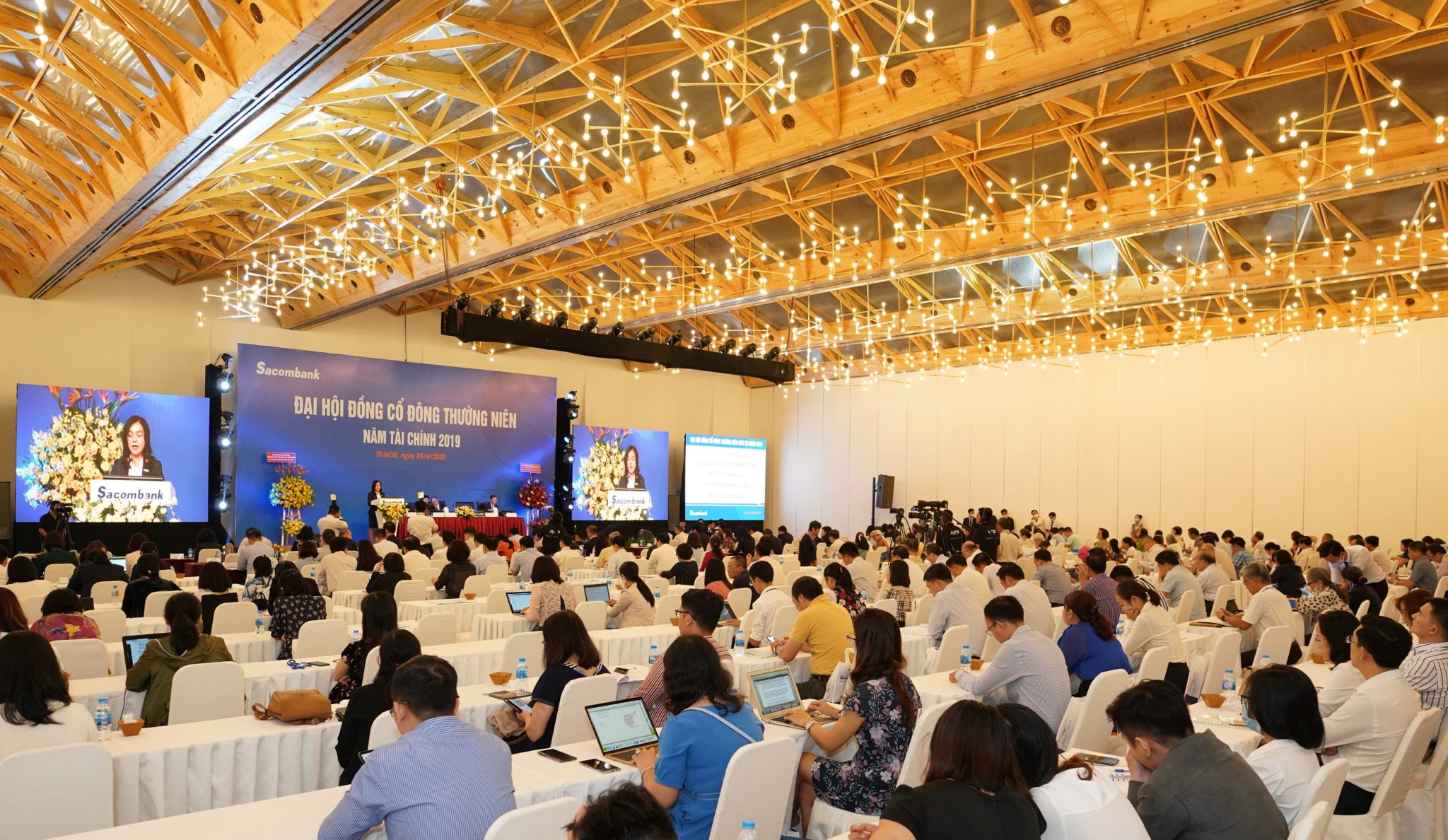 By Ricky Kapur, Vice President of Sales, Marketing and Operations, Microsoft Asia Pacific
By Ricky Kapur, Vice President of Sales, Marketing and Operations, Microsoft Asia Pacific
If there is a silver lining to the pandemic, it is how many organizations have ignited their ability to transform amid an overwhelming crisis, impacting the way we live, work, and learn.
COVID-19 has showed us that business resilience requires an ongoing effort and commitment to building greater tech intensity. I am especially amazed by the examples we have seen in the Asia Pacific, where organizations rose above and beyond their circumstances to create impact that extended to their local communities and economies.
In Sri Lanka, one of the world’s greatest tea-producing countries, the tea auction process was digitalized to safeguard the 150-year-old industry and protect the livelihoods of almost two million people. The Sri Lanka Tea Board and CICRA Solutions moved the weekly Colombo Tea Auction onto the cloud (with Azure) within just six days, keeping auction rooms open, and buyers safely apart.
In Thailand, relief measures for over 10 million farmers resulted in a rush to the bank, with some branches seeing ten times the usual maximum capacity of 100 customers. To mitigate health risks, the Bank for Agriculture and Agricultural Cooperatives (BAAC) worked with Bluebik Group to develop a secure cloud-based platform within just 48 hours, which successfully processed over 30 million transactions in its first 24 hours of service.
And in Vietnam, for the first time in its 30-year history, Sacombank hosted its annual general meeting for over 70,000 shareholders on Azure, partnering with Microsoft and Softline to navigate the challenges and risks of holding such an important meeting virtually.

Putting employees at the heart of digital transformation
Moving entire workforces to new platforms and remote working environments is a challenge, but a true display of resilience is how many organizations acted swiftly with employees at the heart of their transformation.
When Bank of New Zealand (BNZ) switched to Microsoft Teams in January of last year, ensuring that employees could collaborate remotely was key to their consistent delivery of banking services, especially during the pandemic lockdown in March. Their business leaders also recognized the importance of leading by example and remaining accessible to employees to drive change. Senior executives engaged employees via Teams meetings and Teams Live events, and online group trainings ensured that all employees were connected and up to speed.
Similarly, employees from the Asian Development Bank (ADB) embraced Microsoft Teams to collaborate, connect and socialize across 45 of their global offices. Their success was largely due to their focus on the well-being and IT needs of their 6,000 employees, ensuring that no one was left behind in the transformation. This included digital learning sessions over 120 days, and the launch of surveys and dashboards to monitor the pulse of their entire workforce.
SIRIM Berhad even launched an internal Digital Citizen platform that engaged employees by crowdsourcing tech support. Beyond helping each other troubleshoot their IT issues, employees remained connected and collaborative as they worked remotely, nurturing a self-supporting culture that further added to organizational resilience and agility. That’s the kind of spirit we should be striving for for our teams and people, in order to build strong organizations that are capable of transcending adversity to achieve more.
At Pertamina, Teams was also used to hold virtual townhalls and for online interfaith prayers for employees and their families across the country. Remote working is not just about working remotely – safeguarding employee well-being and helping them build emotional resilience is crucial towards maintaining workplace culture as part of organizational health. If you’re a business leader, this is also an important part of leadership with empathy. And I challenge you to do more for your employees, especially during the difficult times.

Creating more value for customers using cloud and AI solutions
Changing customer behaviors have accelerated the move to remote everything. The adoption of cloud, analytics, artificial intelligence and machine learning, as well as a culture of growth and inclusion, have resulted in organizations that are prepared for long-term resilience. Key to this, is the re-orientation on customer-centricity.
Standard Chartered Bank is moving ahead with a cloud-first strategy, with the goal of shifting core applications – including its core banking and trading systems – to the cloud by 2025. Michael Gorriz, Chief Information Officer, Standard Chartered Bank, said this about the impact of the pandemic on operations, “It has accelerated our transformation to becoming a cloud-first bank, where we have been launching digital ventures such as virtual banking and banking as-a-service, as well as pivoting operations and redesigning critical applications to be 100% cloud-based. To realize our digital ambitions, Standard Chartered has chosen Microsoft as a strategic partner and this partnership marks a major milestone for the bank in adopting a cloud-first approach.” This shift has enabled the bank to meet their customers’ new banking needs. In retail banking, Standard Chartered recorded a seven-times increase in digital client engagement via mobile and internet banking in the first half of 2020.
The increased demand for digital services can be seen across the sector. Likewise, Banco de Oro (BDO) has upgraded their mobile banking application and streamlined their digital banking processes. This was done while prioritizing personable customer engagement – a key focus for BDO, where fostering personal relationships with customers has been its method to building the largest bank branch network in the Philippines. This is again, proof that customer-centricity is good for business.
For similar organizations and industries that traditionally rely on face-to-face interaction with customers, it is imperative that personal touch does not disappear when engagement happens through a screen. In fact, digitalization provides a unique opportunity to build connections and provide even more personalized services to customers.
Healthcare is one highly personal service that is transforming to keep both patients and providers safe. To meet with the spike in demand for telehealth services, Zuellig Pharma announced that it will soon launch a telemedicine system, eZConsult, on Microsoft Azure. The system will leverage an AI chatbot to connect doctors with patients virtually, schedule appointments, and even arrange for a prescription home delivery.
Reimagining a better future and way of life and work
Our day-to-days have taken a complete turn that we could not have envisioned. Yet we’ve learnt not just to cope, but to adapt to our new circumstances and evolve alongside them.
We are living a better normal, with more and more agile organizations with resilient operations rising above disruption to meet the changing needs of their customers and the demands of their stakeholders.
None of us know what the post-pandemic future holds, but the tenacity and resilience demonstrated has already showed us that we’re capable of meaningful changes at scale. As long as we keep ourselves open-minded and embrace new ways of doing things, I am optimistic and confident that we can reimagine a better future together, and way to live and work.





